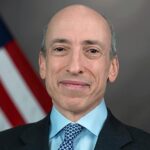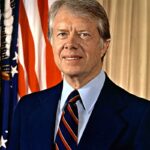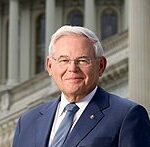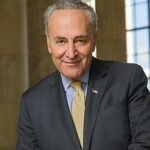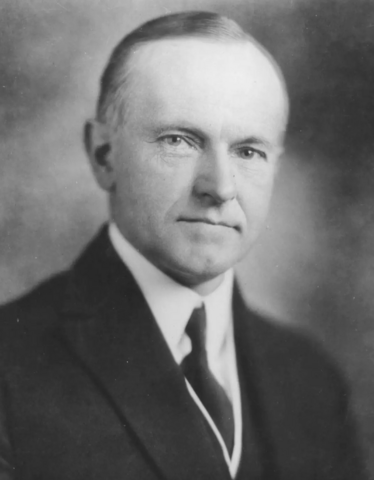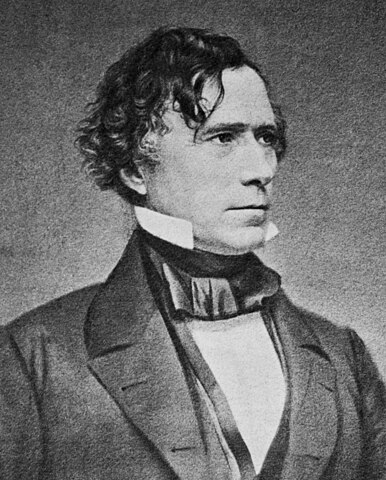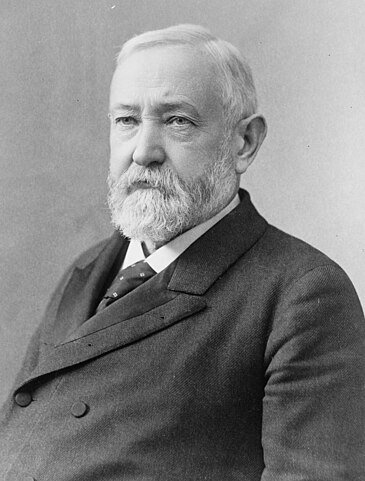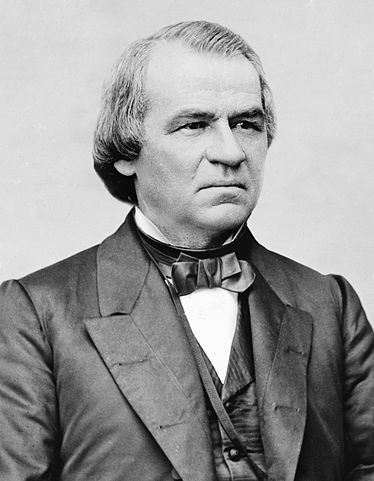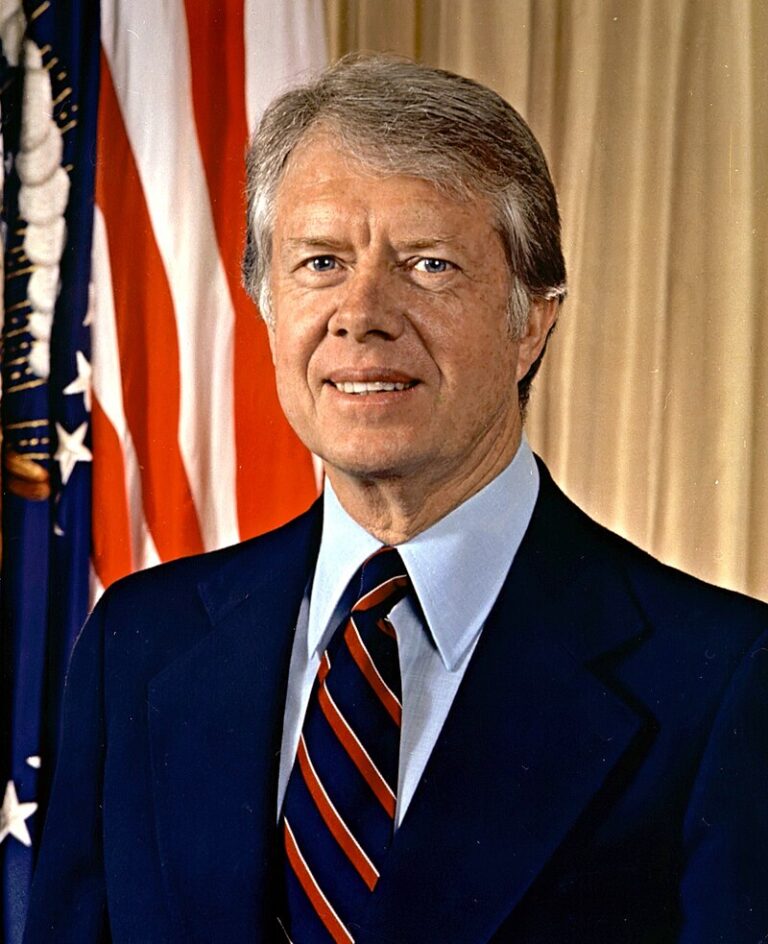 John Fitzgerald Kennedy, born on May 29, 1917, in Brookline, Massachusetts, became the 35th President of the United States, serving from 1961 until his tragic assassination in 1963. His presidency, though brief, was marked by a dynamic combination of charisma, idealism, and the confrontation of significant international and domestic challenges. Kennedy’s tenure is often remembered for its promise, encapsulated in his famous inaugural address statement, “Ask not what your country can do for you—ask what you can do for your country,” setting the tone for his vision of public service and national engagement.
John Fitzgerald Kennedy, born on May 29, 1917, in Brookline, Massachusetts, became the 35th President of the United States, serving from 1961 until his tragic assassination in 1963. His presidency, though brief, was marked by a dynamic combination of charisma, idealism, and the confrontation of significant international and domestic challenges. Kennedy’s tenure is often remembered for its promise, encapsulated in his famous inaugural address statement, “Ask not what your country can do for you—ask what you can do for your country,” setting the tone for his vision of public service and national engagement.Election and Early Challenges
Kennedy’s election in 1960 was historic; at 43, he was the youngest person ever elected president, and he was also the first Catholic to hold the office. His campaign was notable for its use of television, with the first televised presidential debates against Richard Nixon, which helped sway public opinion in his favor.
Upon taking office, Kennedy faced immediate challenges, including a faltering economy with high unemployment and a Cold War atmosphere fraught with the threat of nuclear confrontation with the Soviet Union.
Foreign Policy: Cold War Crises
- Bay of Pigs Invasion (1961): One of Kennedy’s first significant foreign policy tests was the failed Bay of Pigs invasion in Cuba. This operation, inherited from the Eisenhower administration, aimed to overthrow Fidel Castro but ended in disaster, damaging U.S. prestige and Kennedy’s own credibility. However, Kennedy took responsibility for the failure, which helped restore some public trust.
- Cuban Missile Crisis (1962): Perhaps the most defining moment of Kennedy’s presidency was the Cuban Missile Crisis. Soviet missiles in Cuba posed an immediate nuclear threat to the U.S. Kennedy’s response involved a naval blockade of Cuba and intense negotiations with Soviet Premier Nikita Khrushchev. The crisis was resolved with a secret agreement where both sides withdrew missiles from Cuba and Turkey, respectively, showcasing Kennedy’s leadership in managing one of the closest calls to nuclear war.
- Berlin Wall and Space Race: Kennedy’s famous “Ich bin ein Berliner” speech in 1963 symbolized American solidarity with West Berlin against Soviet pressures. Also, his commitment to the Space Race, declaring the goal of landing a man on the moon by the end of the decade, spurred the Apollo program and reflected his vision of American technological and exploratory prowess.
Domestic Policy: The New Frontier
Kennedy’s domestic agenda, known as the “New Frontier,” aimed at revitalizing the economy, addressing social issues, and improving education and healthcare:
- Economic Initiatives: He proposed tax cuts and increased minimum wage to stimulate economic growth, though these were only enacted after his death.
- Civil Rights: Kennedy initially approached civil rights cautiously but became more assertive, especially after incidents like the Freedom Rides and the integration of the University of Mississippi. His civil rights bill, which he sent to Congress, was passed into law by Lyndon B. Johnson after Kennedy’s assassination.
- Education and Health: He pushed for federal aid to education, increased funding for medical research, and established the Peace Corps, which sent Americans to aid development in less developed countries, embodying his call for service.
Assassination and Legacy
On November 22, 1963, in Dallas, Texas, Kennedy was assassinated by Lee Harvey Oswald, an event that shocked the world and has since been surrounded by numerous conspiracy theories. His death not only cut short his presidency but also left an indelible mark on American culture and politics.
Kennedy’s legacy is multifaceted:
- Cultural Impact: His youth, style, and the tragic nature of his death have made him an iconic figure in American history, often romanticized in popular culture.
- Political Influence: His administration laid the groundwork for many of the subsequent civil rights and social reforms of the 1960s. His approach to foreign policy, particularly during the missile crisis, has been studied as a model of crisis management.
- Global Perception: Internationally, Kennedy symbolized hope and the possibility of peace during the Cold War, his speeches and actions often aimed at fostering understanding and reducing global tensions.
- Legislative Legacy: Many of the policies he initiated or envisioned were passed under Johnson, including the Civil Rights Act of 1964, the Voting Rights Act of 1965, and Medicare.
After his death, Kennedy’s writings, including “Profiles in Courage,” which won a Pulitzer Prize, continued to influence political discourse. His family, particularly his brothers Robert and Edward, also played significant roles in American politics, further extending his legacy.
Kennedy’s presidency, though tragically brief, captured the imagination of a nation at a time of great change, embodying an era where challenges were met with both idealism and pragmatism. His vision of service, peace, and progress continues to resonate in American political thought and public service.
